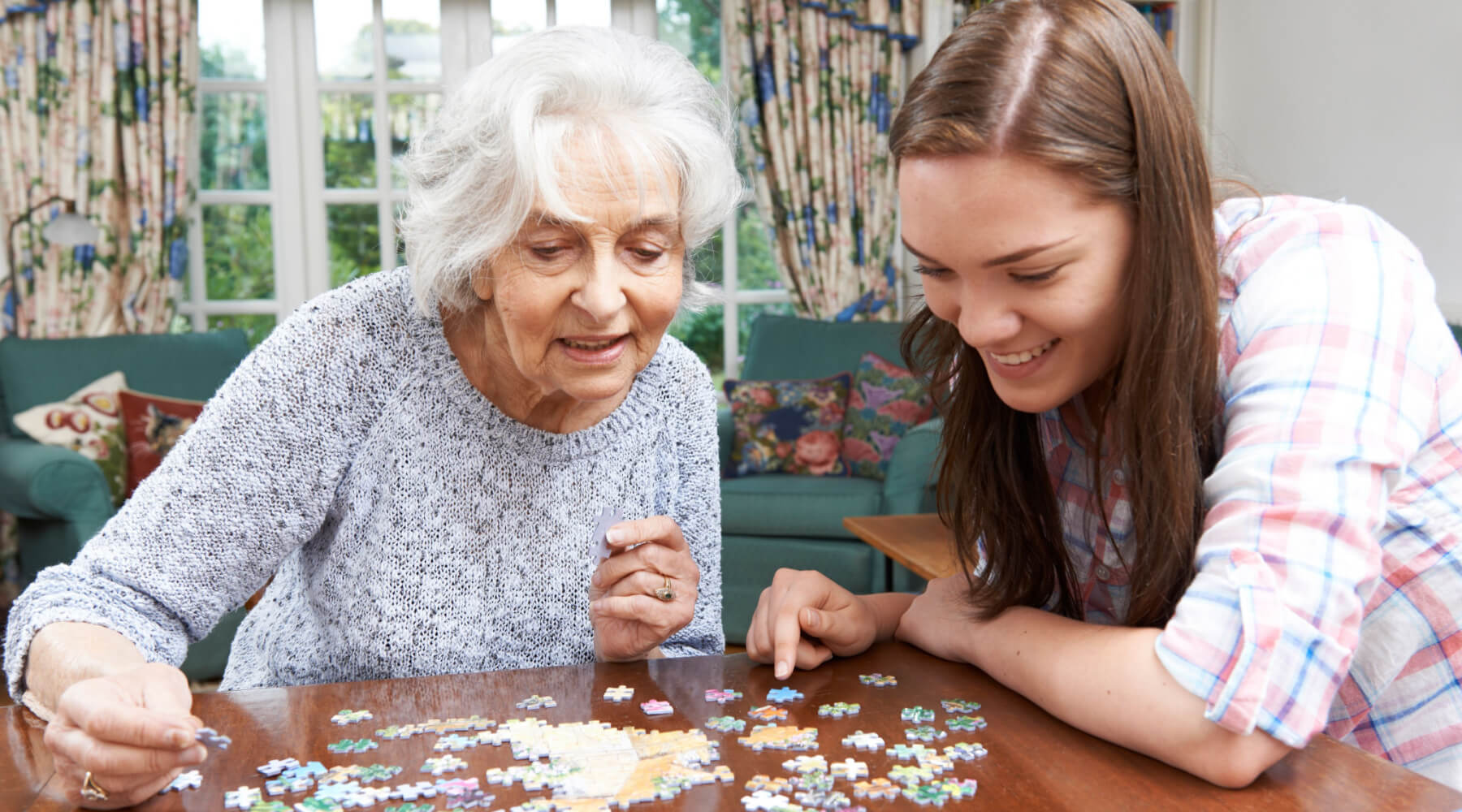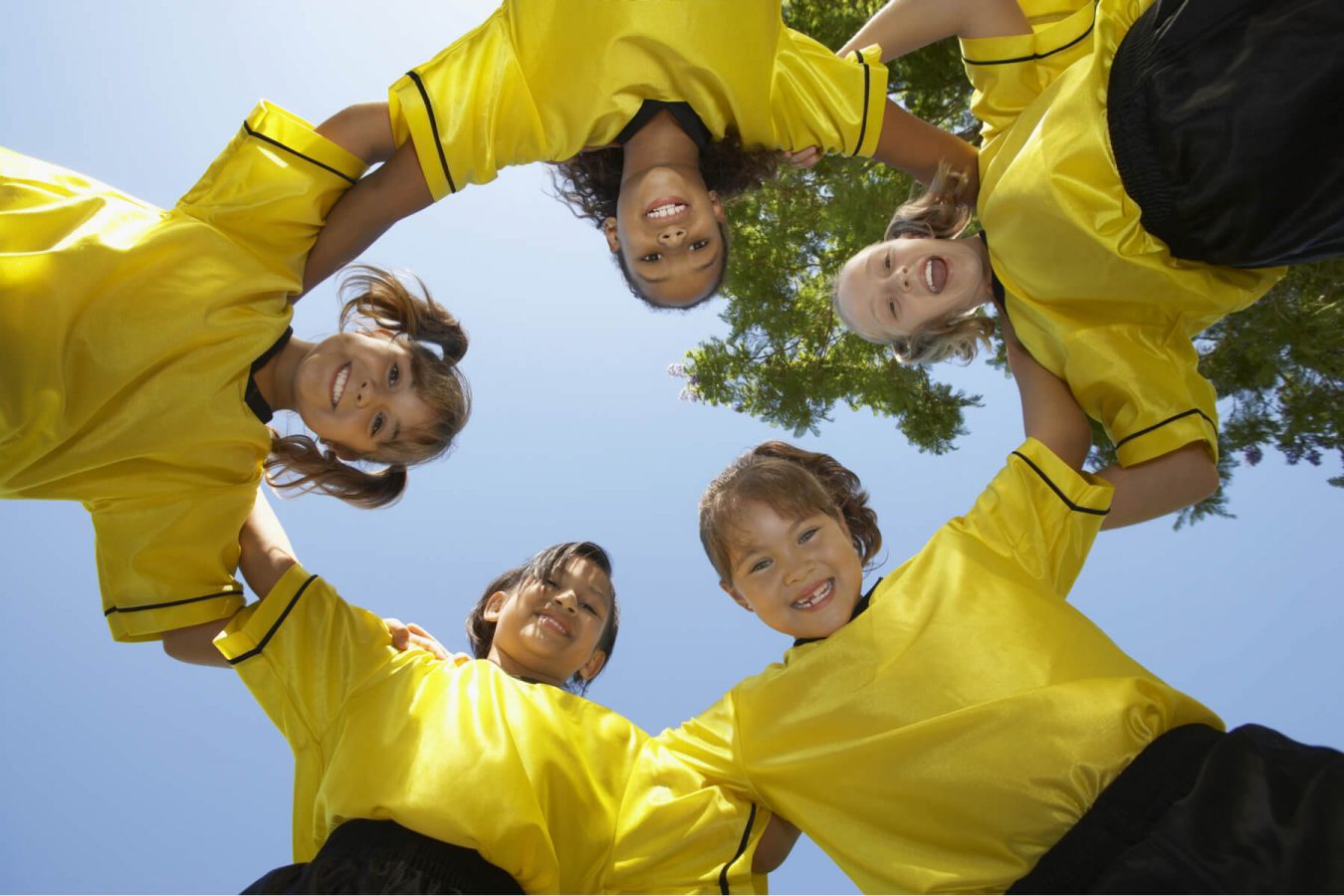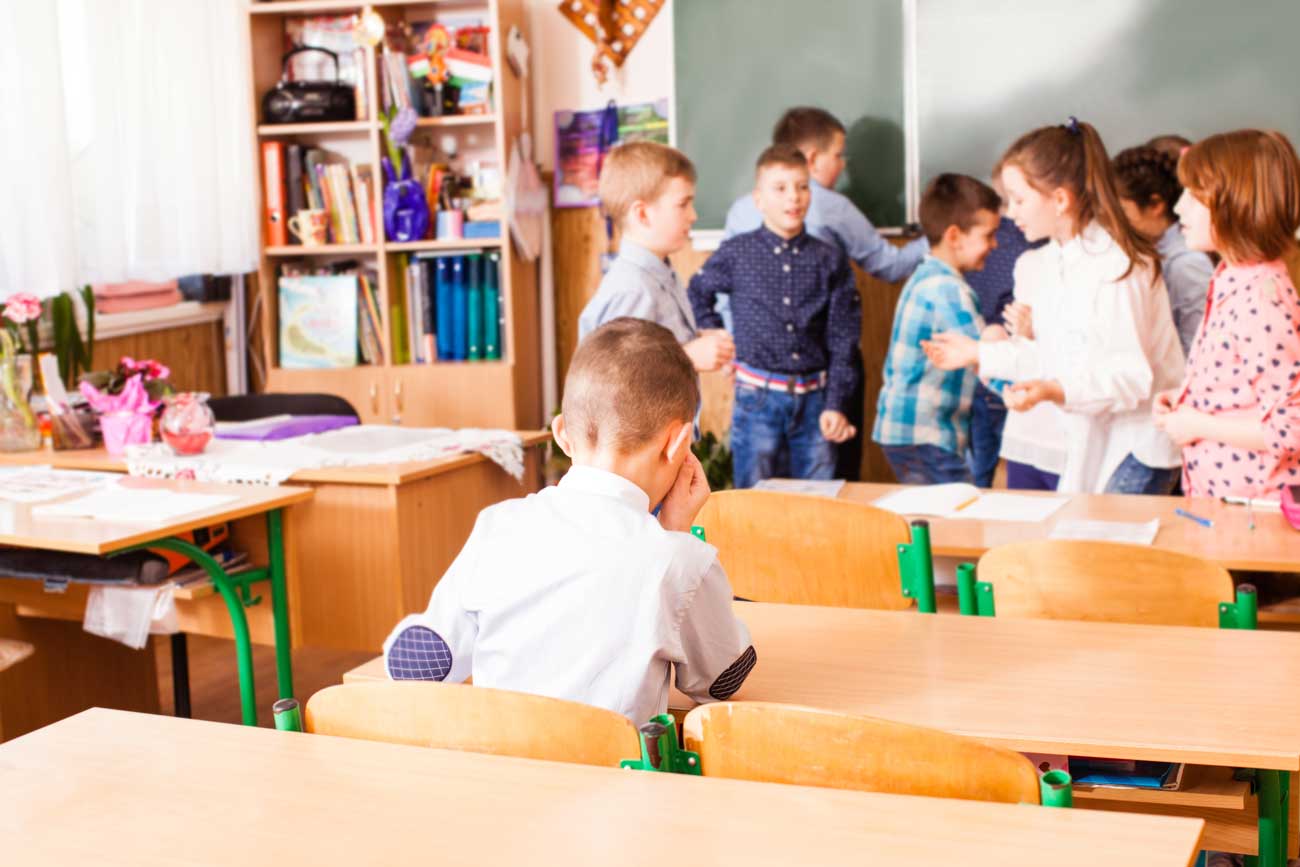
The intergenerational experiment with teens and senior citizens, does sport really build character, and what children think about their well-being online.
Our selection of thought-provoking and useful resources from around the web on educating and raising children, and supporting families.
Old People's Home For Teenagers brings generations together to fight loneliness
(Lucy McDonald, ABC New Breakfast)
After the success of the heartwarming show ‘Old Peoples Home for 4-Year-Olds’ the experiment continues, this time with teenagers.
This new show includes seniors aged 74 to 93 and the teenagers aged 14 to 16.
With the idea that intergenerational relationships can benefit all involved – particularly when it comes to loneliness – the series hopes to show people that they aren’t alone. And despite the age difference, they share common experiences and feelings.
‘When I came back from the most recent lockdown, I didn’t have anybody. That was kind of the reason I joined the program,’ says 15-year-old Dora.
Cecilia, 74, laments, ‘I feel empty, hopeless. I feel lonely all the time’.
‘All of us are writing our own books,’ explains Ali Faraj, the show’s adolescent expert, ‘and these older adults have a book that’s written, and it’s a privilege for us to be able to read that book.’
Read the full articleDo youth sports really build character? What kids gain from sports depends on adults
(Linda Flanagan, KQED)
Sport – particularly team sport – is often lauded as a character forming experience for children. Think learning to learn to work together, problem-solving, and why it’s important just to turn up with others relying on it. But does sport really build character?
Not necessarily, says the author. ‘Forty years of research, conducted by more than 20 researchers studying tens of thousands of athletes and non-athletes from youth, high schools, collegiate and Olympic levels, simply does not support the notion of sport as a character-building activity, particularly as it applies to sportsmanship behaviours and moral reasoning ability’.
It’s all about the context – and adults.
Richard Weissbourd, a child and family therapist who runs Harvard’s Making Caring Common project, says kids make discoveries through sports, but what they absorb is entirely dependent on the context. ‘Kids can grow from sports in other ways, too,’ he says. ‘Competitive athletic environments compel them to engage with their own and others’ powerful feelings’.
Philosophy professor Drew Hyland reflected on his own time playing basketball to share how deeply it had affected him. ‘There was no experience in my scholastic or college education that led me to more self-knowledge than my basketball experience, no course or classroom in which I learned more about my capacities, my limitations, where I was willing to compromise, and where I would take my stand.’
Read the full articleHow children think about their own well-being online
(Joanne Chen, Greater Good Magazine – Berkeley)
When researchers around the world wanted to know about the digital lives of children and what kinds of online experiences would make them happy, they decided to ask the kids themselves.
The author explains how researchers behind the Responsible Innovation in Technology for Children project funded by the LEGO Foundation, asked children questions like how they define well-being and what an ideal session of screen time would look like to them.
It turns out the children’s ideas of happiness—and what, exactly, makes for a great digital experience—are far more nuanced than what we adults would expect.
‘The children spoke very eloquently about how playing online enables them to be social, to enjoy the company of others, and to develop confidence,’ says Amanda Third, from University of Western Sydney and a project investigator.
It was also the kids who identified these things as being good for their well-being. ‘They definitely understand more than we give them credit for,’ she says.
Read the full article

